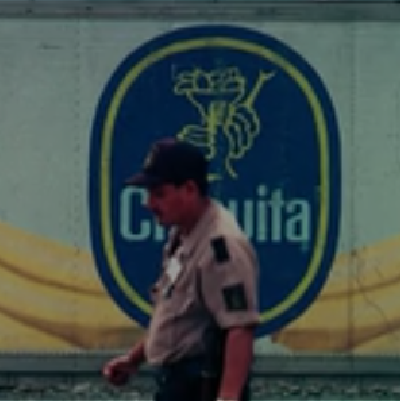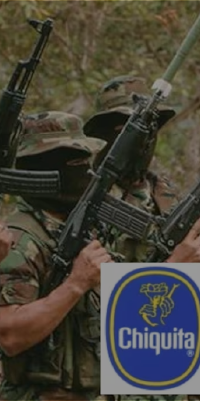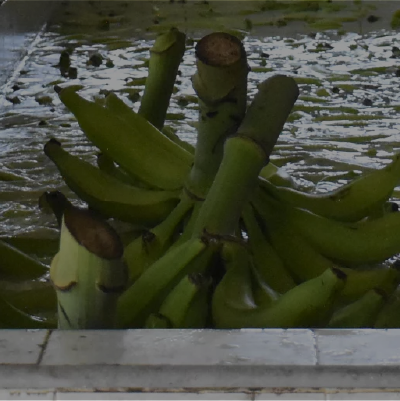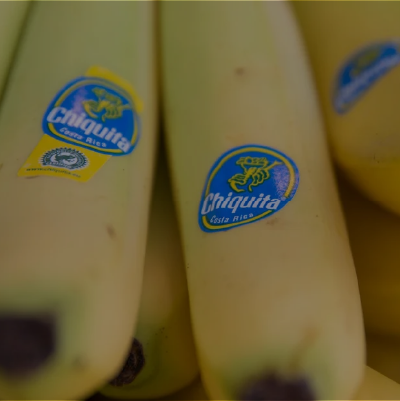Since 2007, the multinational banana company Chiquita Brands International faces thousands of claims in the United States for financing the United Self-Defense Forces of Colombia (AUC), a paramilitary organization responsible for committing atrocious crimes against civilians in Colombia, including murders, massacres, torture, disappearances, and forced displacements.
After 17 years of legal proceedings, the first trial against Chiquita finally took place. On June 10, 2024, a groundbreaking verdict was reached as the jury held the multinational accountable for human rights violations against the victims. The families of the eight Colombian victims who the AUC tragically murdered were awarded rightful compensation.
Thousands of victims’ claims remain pending trial, as they continue seeking justice.
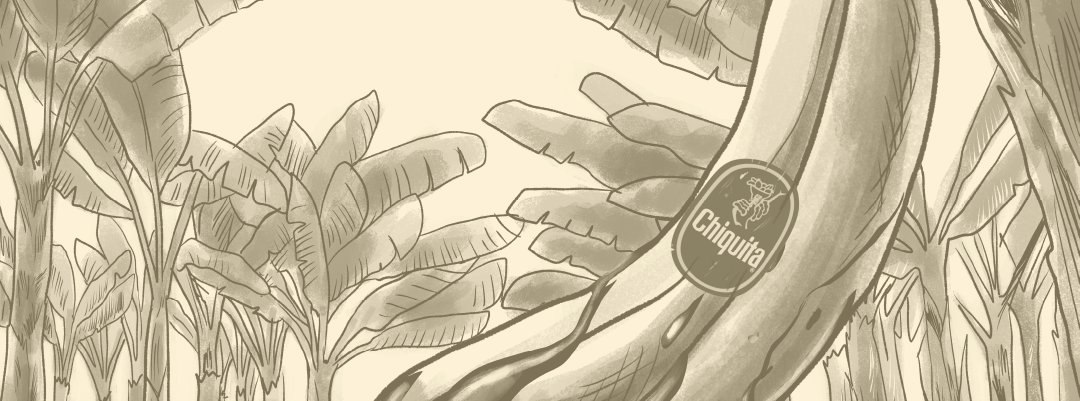
LEGAL ISSUES
This case involves numerous legal issues, some of which include:
The legal standards for holding a company and its executives liable for human rights abuses committed by a terrorist group the company illegally funded Whether state law or Colombian law applies to such claims.
Whether claims based on decisions made by and funding from a U.S. corporation can be litigated under the Alien Tort Statute.
Despite the U.S. government designating the AUC as a terrorist organization in 2001, Chiquita continued to finance them, prioritizing its profits at the expense of innocent Colombian lives.
In 2007, following an investigation by the U.S. Department of Justice, Chiquita admitted its guilt for financing a terrorist group and paid a $25 million fine. That same year, we filed a civil lawsuit on behalf of hundreds of victims whose family members were murdered by the AUC.
In 2024, for the first time, a group of nine victims was heard by a judge and jury in a Florida court. The jury found Chiquita responsible and ordered compensation for the victims.
The Plaintiffs, consisting of hundreds of families with similar stories, are seeking justice against banana giant Chiquita, which admitted to illegally financing the AUC for years.
The demobilized paramilitary group AUC was a major actor in the armed conflict in Colombia between 1997 and 2006 and was designated as a terrorist organization by the U.S. government in 2001.
Former executives of Chiquita were personally held accountable for their decisions and actions while exercising their functions at the time of the events.
Other teams of lawyers with whom we coordinate are: James K. Green of James K. Green PA, Jack Scarola, Mariano Garcia, and Victoria Mesa-Estrada of Searcy Denney, William R. Scherer and Erik Hager of Conrad & Scherer LLP, Jonathan C. Reiter de Jonathan C. Reiter Law Firm PLLC, and International Rights Advocates.
(11th Circuit Court of Appeals) Brief of Amici Curiae Human Rights Practitioners and Scholars in Support of Plaintiffs-Appellants and Supporting Reversal – June 2020
(11th Circuit Court of Appeals) Plaintiffs-Appellants’ Reply Brief and Cross-Appellees’ Response to Cross-Appeal – September 2020
(11th Circuit Court of Appeals) Defendants-Appellees’/Cross-Appellants’ Response Brief and Cross-Appeal Opening Brief – July 2020
(11th Circuit Court of Appeals) Plaintiffs-Appellants’ Opening Brief- May 2020
Jane Doe 8 v. Chiquita Complaint (New Claims) – March 2020
Summary Judgment Decision-September 2019
Chiquita Supreme Court Petition
Petition for Rehearing and Rehearing En Banc – August 2014
Chiquita 11th Circuit Opinion – July 2014
Plaintiffs’ Appellees Cross-Appellants’ Response Brief and Cross-Appeal Opening Brief – July 2013
Chiquita Merits Brief on Interlocutory Appeal – May 2013
Chiquita Motion to Dismiss Order – June 2011
Defendants’ Memorandum in Support of Consolidated Motion to Dismiss Amended Complaints – April 2010
Plaintiffs’ Supplemental Response in Opposition to Defendants’ Consolidated Motion to Dismiss the Complaints – May 2010
First Amended Class Action Complaint for Damages – February 2010
Reply in Support of Defendants’ Consolidated Motion to Dismiss Complaints – September 2008
New Jersey Plaintiffs’ Separate Memorandum of Law in Opposition to Defendants’ Motion to Dismiss State Law Claims – August 2008
Plaintiffs’ Response in Opposition to Defendants’ Consolidated Motion to Dismiss the Complaints – August 2008
Chiquita Motion to Dismiss – July 2008
TIMELINE
MEDIA COVERAGE
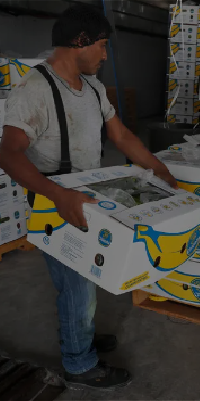
The New York Times
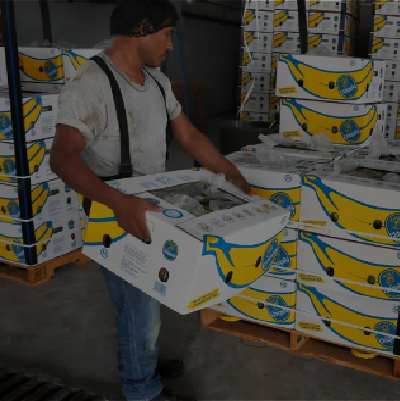
The Washington Post
WHAT’S NEXT IN THE CASE AGAINST CHIQUITA?
THE CASE
Chiquita’s relationship with the paramilitary group AUC and its implications in the armed conflict in Colombia.
THE TRIAL
Chiquita Brands was found liable for its complicity in human rights violations in Colombia.
THE APPEAL OF THE VERDICT
Compensation for the victims will be delayed until Chiquita’s potential appeal is resolved.
WHAT’S NEXT IN THE CHIQUITA CASE?
The legal team continues to work to ensure that all plaintiffs obtain justice.
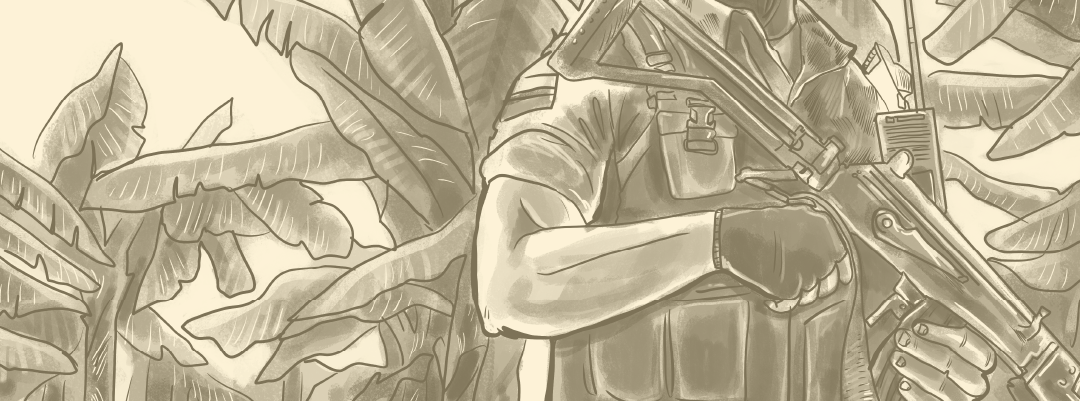
THE DARK HISTORY OF CHIQUITA BRANDS IN COLOMBIA
Chiquita’s presence in Colombia has been marked by a legacy of violence.
Formerly known as the United Fruit Company, Chiquita was involved in the 1928 banana massacre, during which over 1,000 workers were killed while fighting for labor rights.
Almost 70 years later in 1997, the company agreed to pay 3 cents per exported banana box to the paramilitary group AUC, contributing to further violence in the region.
The victim’s tale highlights the violence and displacement suffered by thousands in Colombia’s banana-growing areas.



